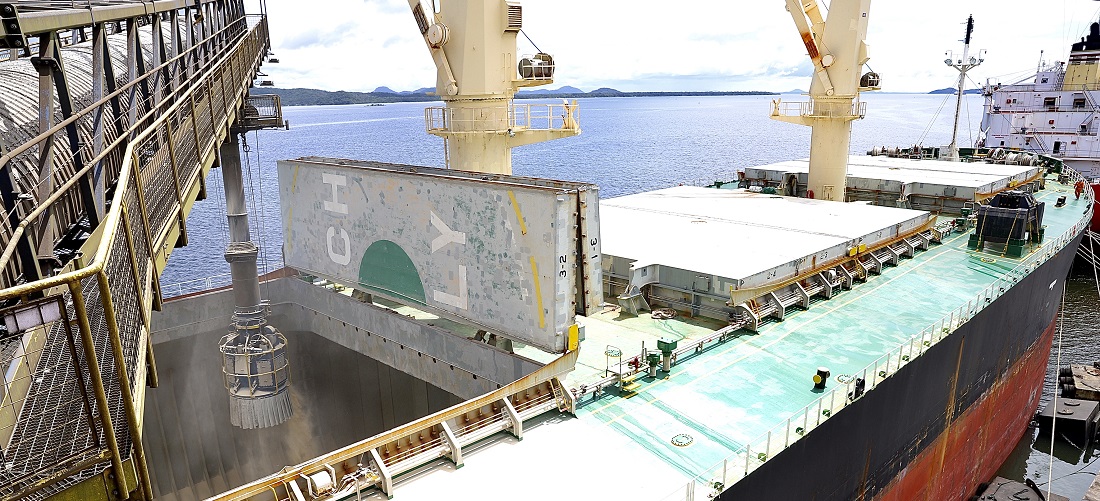
Rising freight rates overwhelm grain importers
Apr, 19, 2022 Posted by Gabriel MalheirosWeek 202217
The war in Ukraine adds even more pressure on grain-importing countries from Africa and Asia, as a reduced number of cargo vessels available for shipping leads to rising freight rates, according to the head of the International Chamber of Navigation.
According to the organization’s president, Esben Poulsson, 80 to 100 ships, predominantly bulk carriers, have been unable to leave Ukrainian waters for nearly two months due to underwater mines and military blockades.
Bulk freight charges are rising as shipowners and charterers factor in the possibility of ships being stranded for longer periods.
Grain trade flows are changing dramatically, he added. For example, the distance ships will have to travel to deliver cargo from the Americas to clients is larger than the distance ships had to travel to deliver shipments from the Black Sea.
“This will bring consequences for the poorest countries in Africa that can barely afford to pay large amounts for their grains,” Poulsson said.
The war in Ukraine has shaken the $120 billion global grain trade as deliveries from the Black Sea producing region have become increasingly complicated.
Alternatives are emerging, with producers in the Americas transporting cargo to consumers in Africa and Southeast Asia for the first time in years.
China is increasing corn purchases from the US, while Brazil is shipping wheat to places like Turkey, South Africa, and Sudan.
Rising freight rates could drive up food costs even further, creating more inflationary pressure for consumers and exacerbating the global hunger crisis.
A United Nations food price index is already at an all-time high, with the greatest impact in developing nations where groceries account for a significant portion of consumer expenditures.
“Freight rates will remain high and, in fact, may increase even further,” said Poulsson, whose organization represents shipowners and operators covering about 80% of the world’s mercantile trade. “But that’s volatile because things can still change.”
The Baltic Dry Index, a widely followed benchmark for bulk freight prices, has changed dramatically over the past year, reaching a 13-year high in October due to the scarcity of raw material output. However, the Index shortly saw dropping numbers as China imposed restrictions on factories to decrease pollution rates, thus reducing the demand for iron ore. The indicator is up 65% from its low in January.
In addition to the crisis in Ukraine, China’s efforts to fight the spread of Covid-19 are also affecting freight pricing. As a result, hundreds of bulk vessels are experiencing delays off the coast of China, with cities such as Shanghai suffering from lockdowns.
Source: Money Times
To read the full original article, please go to:
https://www.moneytimes.com.br/aumento-de-taxas-de-frete-sobrecarrega-importadores-de-graos/
-
Other Cargo
Jan, 06, 2023
0
Dairy sector, state government ally to outline export expansion plans
-
Economy
Jun, 30, 2022
0
DataLiner: container market data indicates economic stability
-
Port Rankings
Jan, 24, 2023
0
Ranking of Ports | DataLiner | Jan-Nov 2022 vs Jan-Nov 2021 | Brazil and Plate
-
Shipping
Jun, 29, 2021
0
Demurrage and detention charges double in a year



